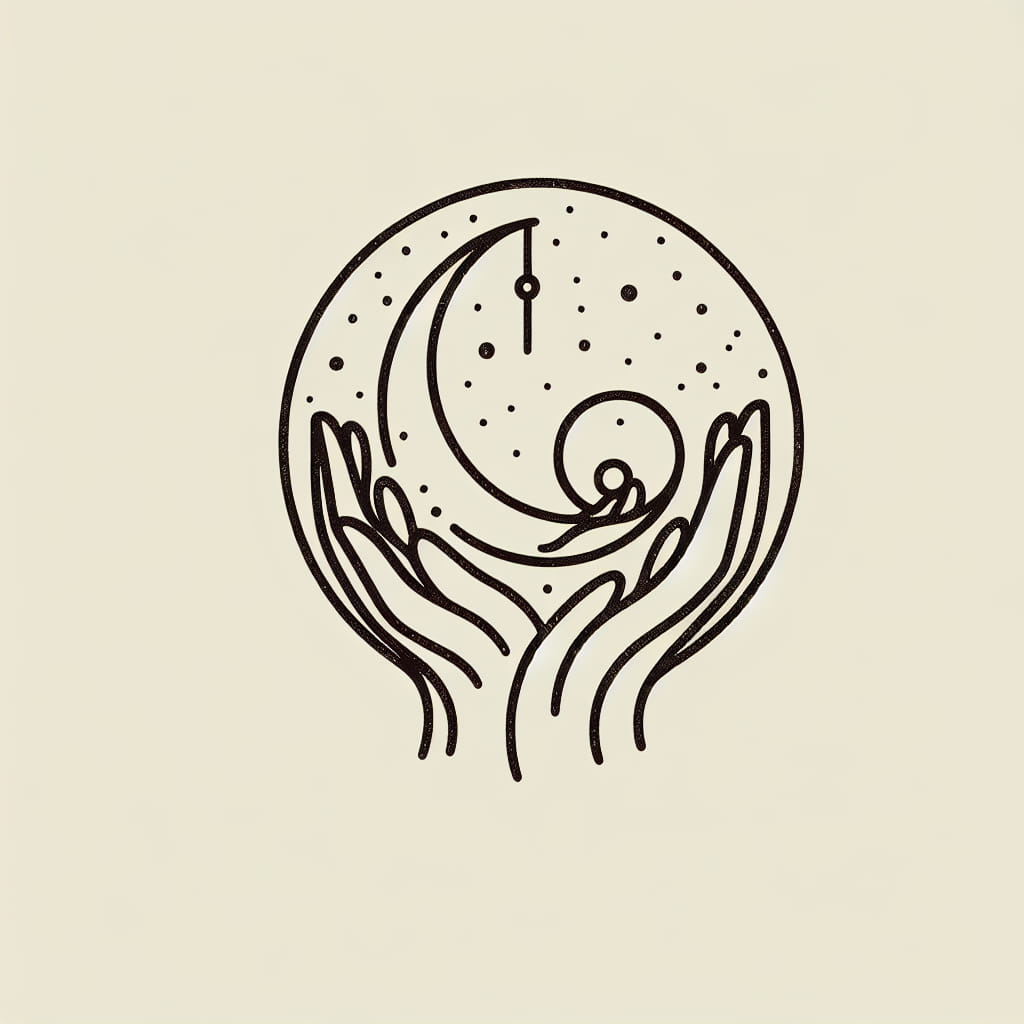· word of the day · 4 min read
Flâner: Embrace the French Art of Leisurely Wandering
Discover the art of flâner in French culture, a leisurely way to wander and soak in your surroundings, perfect for travel enthusiasts and language learners alike.

Discovering unique and unusual words in a language can be a delightful journey, especially for language learners. These words often carry cultural nuances and historical significance that can deepen our understanding of the language and the people who speak it. French, with its rich history and vibrant culture, is full of such fascinating words. Today, let’s dive into one such word that is especially relevant for those who love to travel and explore different countries: “flâner.”
Unveiling “Flâner”
Pronunciation: /flɑ.ne/
Meaning: The French verb “flâner” translates to “to stroll” or “to wander” in English. But it’s more than just walking around. It carries a sense of leisurely, aimless wandering, often with the purpose of soaking in the surroundings and enjoying the moment.
Cultural Significance
“Flâner” is deeply embedded in French culture, particularly in the context of Parisian life. The concept of the “flâneur” emerged in the 19th century, popularized by writers and poets such as Charles Baudelaire. A “flâneur” is someone who strolls the streets, observing the city’s life and capturing its essence. This idea is central to the experience of Paris, a city designed for walking and discovery.
In many ways, “flâner” encapsulates the French art of living — the appreciation for beauty, the importance of leisure, and the joy of simply being present in the moment.
How to Use “Flâner”
Here are a few examples of how you might use “flâner” in a sentence:
Je vais flâner dans les rues de Paris ce week-end.
(I’m going to wander the streets of Paris this weekend.)Il aime flâner au bord de la Seine.
(He likes to stroll along the Seine.)Nous avons passé l’après-midi à flâner dans le parc.
(We spent the afternoon wandering in the park.)
Idiomatic Expressions
While “flâner” itself is already quite evocative, it also appears in a few idiomatic expressions:
- Flâner sous les étoiles: This phrase means “to wander under the stars,” evoking a sense of romance and adventure.
- Flâner sans but: This translates to “to wander aimlessly,” emphasizing the lack of a specific destination or purpose.
”Flâner” in Literature and Folklore
The concept of “flâner” has been a significant theme in French literature. Charles Baudelaire’s “Le Flâneur” is a classic example, where he describes the flâneur as a “gentleman stroller of city streets,” exploring the urban landscape with a detached yet curious eye. This figure became a symbol of modernity and the changing dynamics of urban life.
In folklore, the idea of wandering and discovery is often celebrated. Stories of travelers and explorers who set out with no particular destination in mind resonate with the spirit of “flâner.” These tales often highlight the joy of the journey itself, rather than the destination.
The Joy of Learning Unique Words
Learning words like “flâner” can be incredibly enriching for language learners. These words open up new ways of thinking and experiencing the world. They offer insights into the culture and values of the people who speak the language. When you understand the concept of “flâner,” you don’t just learn a new word; you embrace a new way of seeing and appreciating the world around you.
Moreover, such words can enhance your travel experiences. When you visit France, knowing the word “flâner” can encourage you to take a step back from the hustle and bustle, to slow down, and to truly savor the beauty and charm of your surroundings.
So next time you find yourself wandering through the streets of a new city, remember to “flâner” — to stroll, to observe, and to enjoy the journey.
Embrace the Journey
Language learning is not just about memorizing vocabulary and grammar rules. It’s about immersing yourself in the culture, understanding the nuances, and experiencing the world through a different lens. Words like “flâner” remind us of the beauty and richness of the French language and culture.
Ready to dive deeper into the French language and discover more fascinating words? Download Glosa here and start your linguistic adventure today!
Happy flânering!




